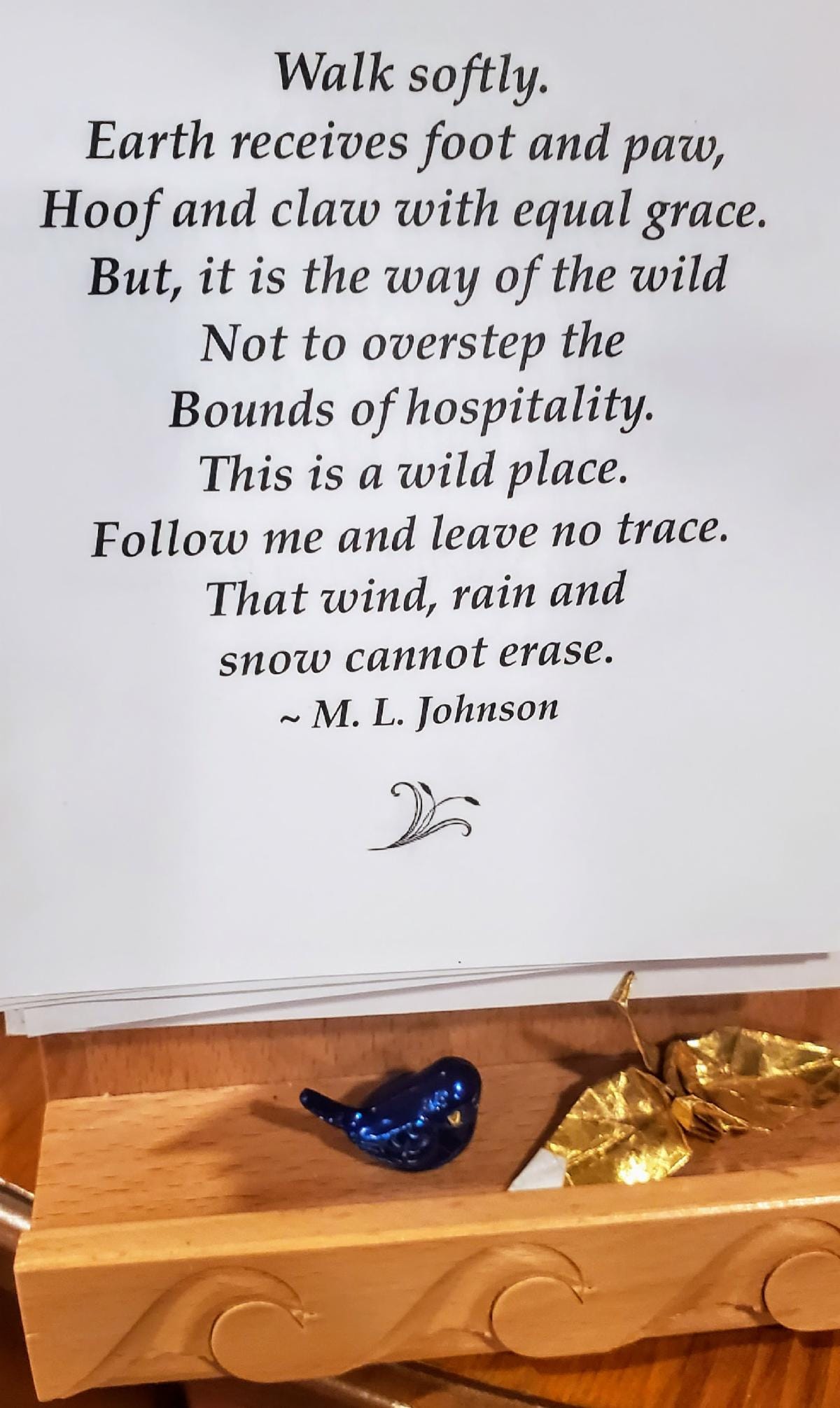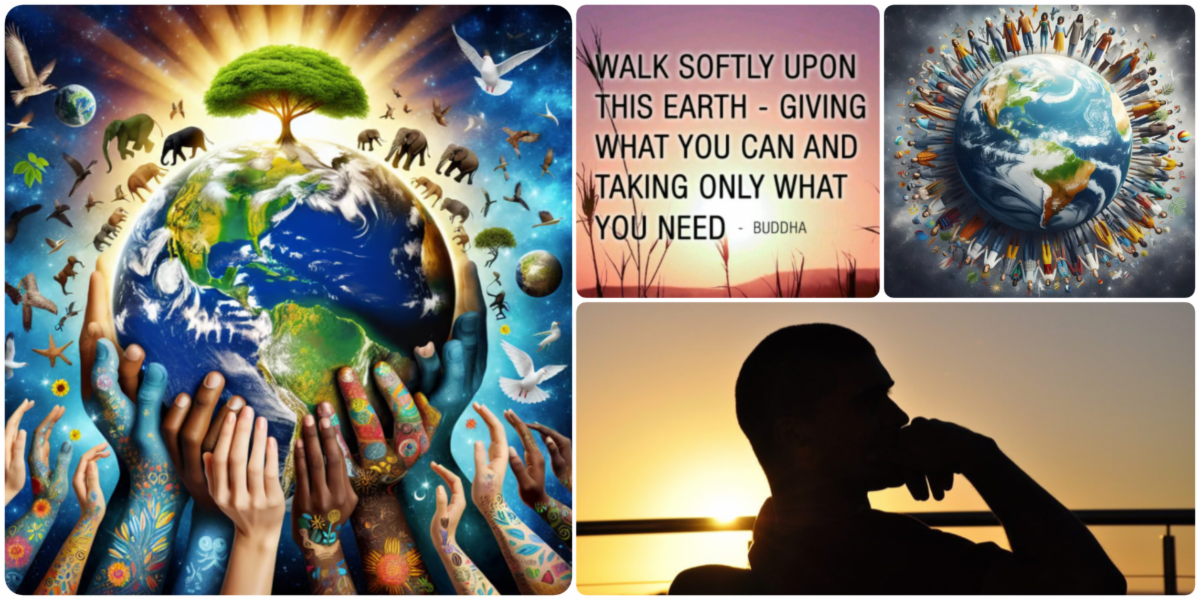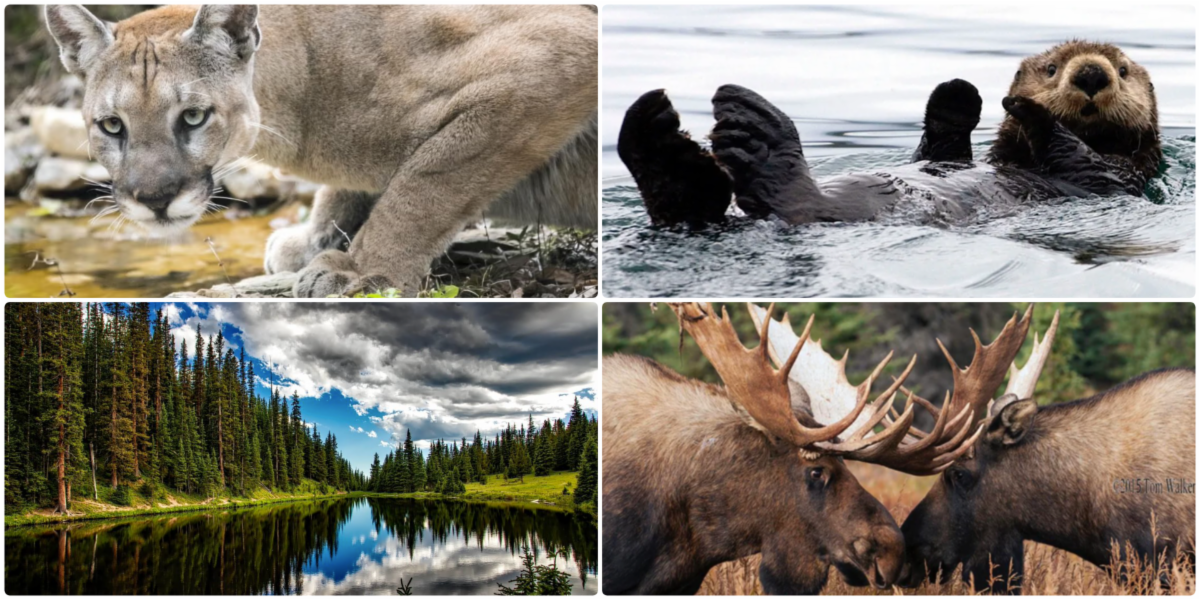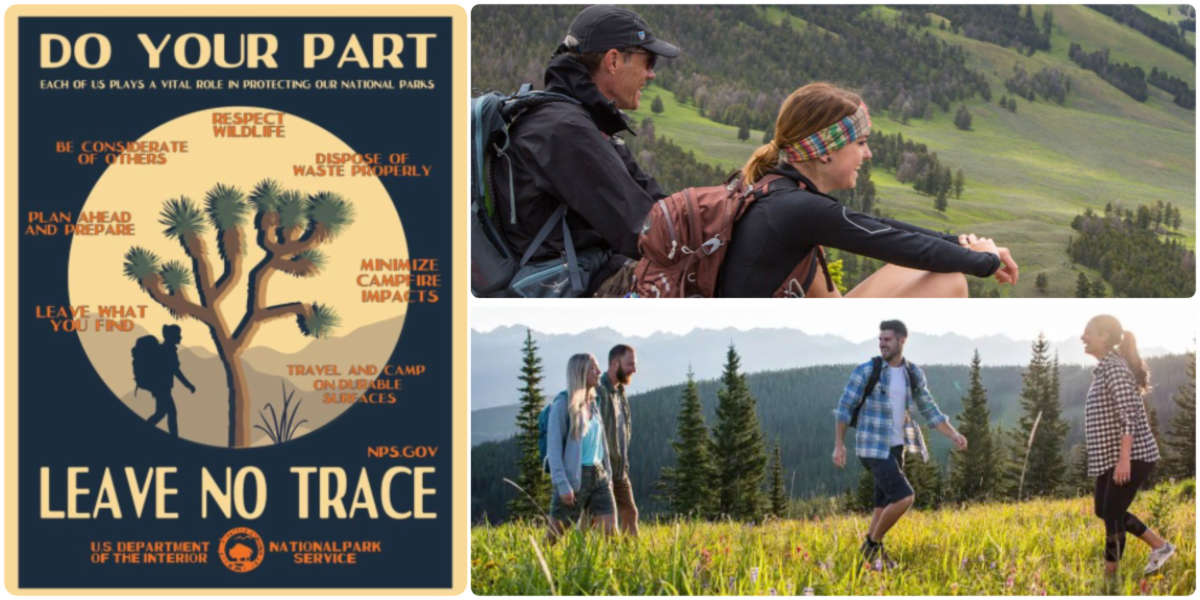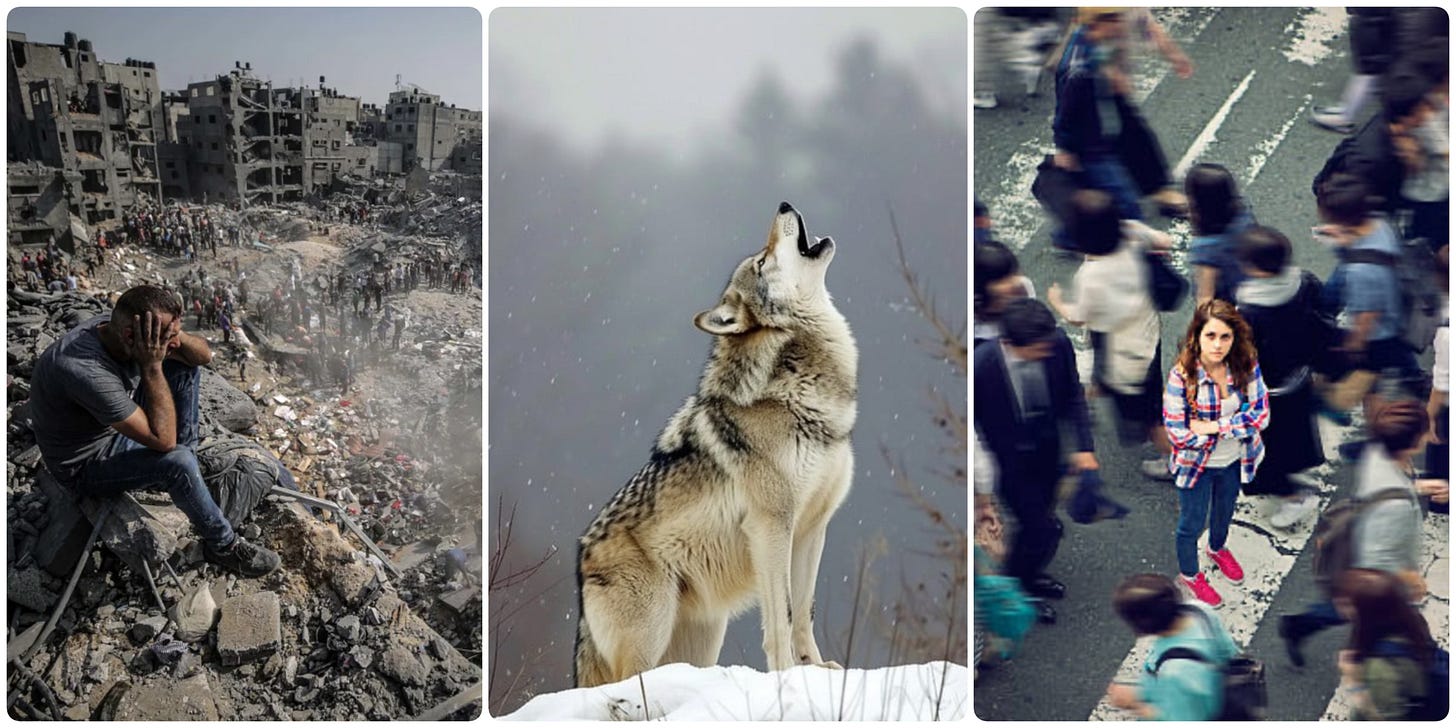Walk Softly: Lessons in Balance and Grace from the Land
In the haste and clamor of modern life, where wellness is as much a fashion as a practice, it's easy to overlook the simple truths and quiet lessons of the land.
M.L. Johnson’s evocative poem (above) is posted at the Denali Park Visitors Center in Alaska. It also showed up in our kitchen this morning as the “thought for the day,” part of a collection of daily wisdom sayings we have cycled through for years.1
The poem reminded me of the balance and grace inherent in nature. And, more importantly, how we, as part of nature, can tap into it.
Embracing Earth’s Lessons
Johnson begins with a truth as old as the earth itself: all creatures, whether footed, pawed, hooved, or clawed, are received by the land with equal generosity.
It brought to mind Jesus’ Sermon on the Mount, where he teaches that the sun rises on both the evil and the good, and the rain falls equally on the just and the unjust (Matthew 5:45). All are free to receive Earth's gifts and be received in turn.
This inclusivity reflects nature’s innate harmony, where each element plays its part in the song of life. But, of course, that harmony can be disrupted by indifference to others. By self-interest in just one part (i.e., mine). And its balance can be thrown off by the weight of excess and domination.
So, as we walk and are received by the land, and as we receive its gifts like sun and rain, let us be mindful. What part do we play? Where do we fit in the broader scheme of things? And are our hearts and minds, ears and eyes, hands and spirits open enough to know?
Wisdom of the Wild
“It is the way of the wild / Not to overstep / The bounds of hospitality” speaks to another truth of nature: there are limits to be respected.
The creatures of the wild do not overindulge or linger longer than welcome. They take only what is needed, rest when needed, and move on when needed with graceful understanding.
Knowing these limits—when to take and eat, when to pause and listen, when to move on and seek new horizons—is crucial for cultivating balanced relationships and a harmonious life. It involves recognizing where our needs, desires, and actions intersect with those of others and the world around us. By understanding and honoring these boundaries, we foster mutual respect and create an environment where growth and well-being can flourish.
And this practice isn't solely about restraint. It's about acknowledging the delicate equilibrium that sustains healthy interactions and environments. By being mindful of our impact and the space we occupy, we contribute to a community built on empathy and sustainability, where both people and the planet can thrive.
The Art of Leaving No Trace
Johnson’s entreaty to “leave no trace” extends beyond environmental awareness to a broader manner of being. It suggests a mindful way of living.
Whether in the wilderness or in the lives of others, leaving no trace is about intentionality and care. In nature, it reminds us to preserve the landscapes and ecosystems that sustain life by minimizing our impact. This same ethos extends to our interactions with people; it calls for mindfulness in how our words and actions affect those around us.
By ensuring that we leave no damage in our wake, we honor the intrinsic value of our environment and the dignity of others, fostering a culture of respect and responsibility. This conscious approach serves to protect and nurture both the physical world and the social fabric that connects us all.
Nature as Teacher and Guide
Following the poem’s guidance, the practice of “walking softly” can transform and ground anew our approach to well-being. And not just in our physical wanderings but in our emotional and spiritual journeys, as well.
By aligning our actions to the timeless rhythms of the natural world, we cultivate mindful living—a balm for the troubled soul and key component of mental health.
May we heed the wisdom of the wild. And may its lessons lead us to intentional grace, measured action, and harmonious balance. In this world, we need it.
For this is, indeed, a wild place.
🌱 SOUL PRACTICE
1. Mindful Immersion in Nature: Spend time on the land, fully present to its rhythms. Listen deeply to its sounds, witness its life, and tread its soil with awareness.
2. Contemplation of Limits: Regularly ponder your boundaries and purposes. Are you honoring your needs and those of others?
3. Absence of Destructive Emotional Footprints: Foster empathy and respect in your dealings with others. Aim for constructive exchanges that support well-being and growth, avoiding harm or burden.
4. Deliberate Choices: Consider the consequences of your consumption and daily habits on the Earth and others. Aspire to sustain and nourish rather than consume and deplete.
🪞SOUL PROMPTS
1. Harmony with Nature: How can you incorporate the principle of natural harmony in your daily life? Are there specific behaviors or habits that disrupt this balance?
2. Mindful Presence: When was the last time you spent a moment in nature without distraction? How did it feel to be present and attentive to your surroundings?
3. Respecting Limits: Can you identify areas in your life where you might be overstepping your personal boundaries or the boundaries of others? How can you address this to foster healthier relationships and well-being?
4. Living Lightly: What steps can you take to minimize your environmental footprint? Are there sustainable practices you can adopt in your home or workplace?
5. Emotional Footprints: Reflect on recent interactions with others. Have your words or actions left a positive or negative impact? How might you improve your interactions to ensure you "leave no trace" of harm?
6. Conscious Choices: Consider your consumption habits—whether material, digital, or emotional. Are they in alignment with your values and the well-being of the planet?
7. Connection with the Land: What does the land mean to you personally? How do your lifestyle and choices reflect that connection?
8. Balancing Act: Are there aspects of your life where you feel particularly unbalanced? How can nature's teachings guide you toward finding equilibrium?
9. Inner Peace: How does spending time in nature affect your mental and emotional state? What lessons from nature can you apply to cultivate inner peace?
10. Mindful Living: How can you incorporate the practice of "walking softly" into your routine to enhance mindfulness, reduce stress, and improve your quality of life?
________
1With thanks to creators and friends Peggy, Peter, and Meghan for the gift.



